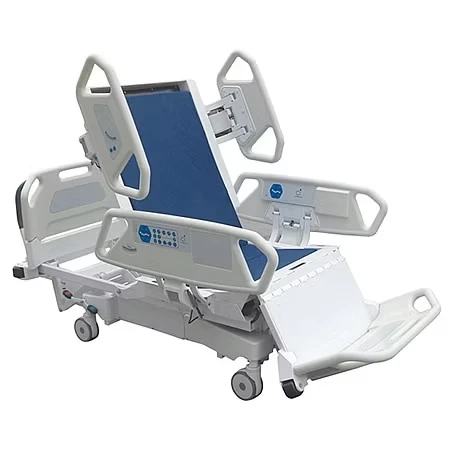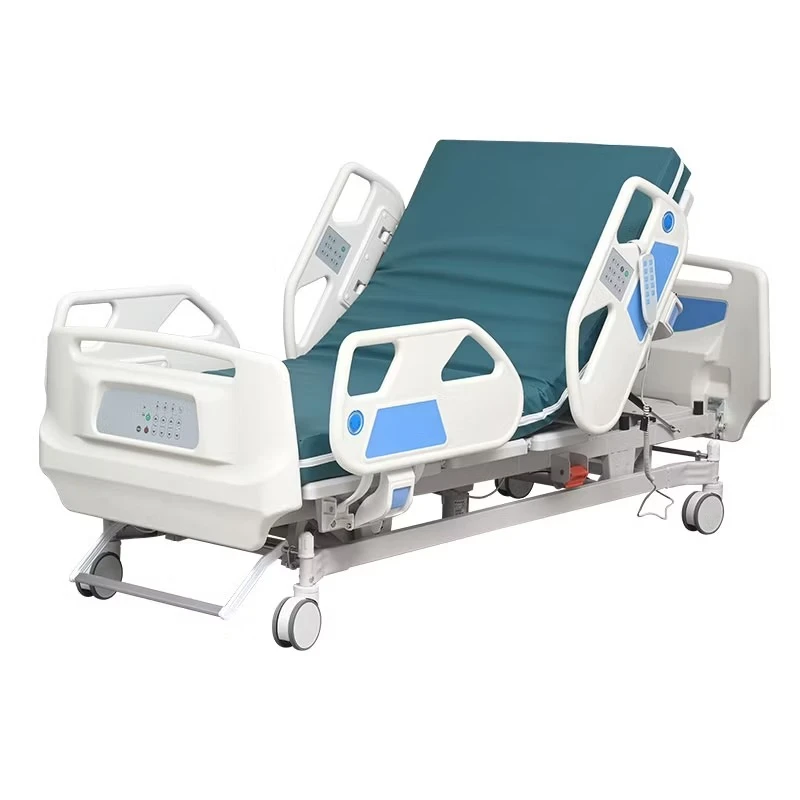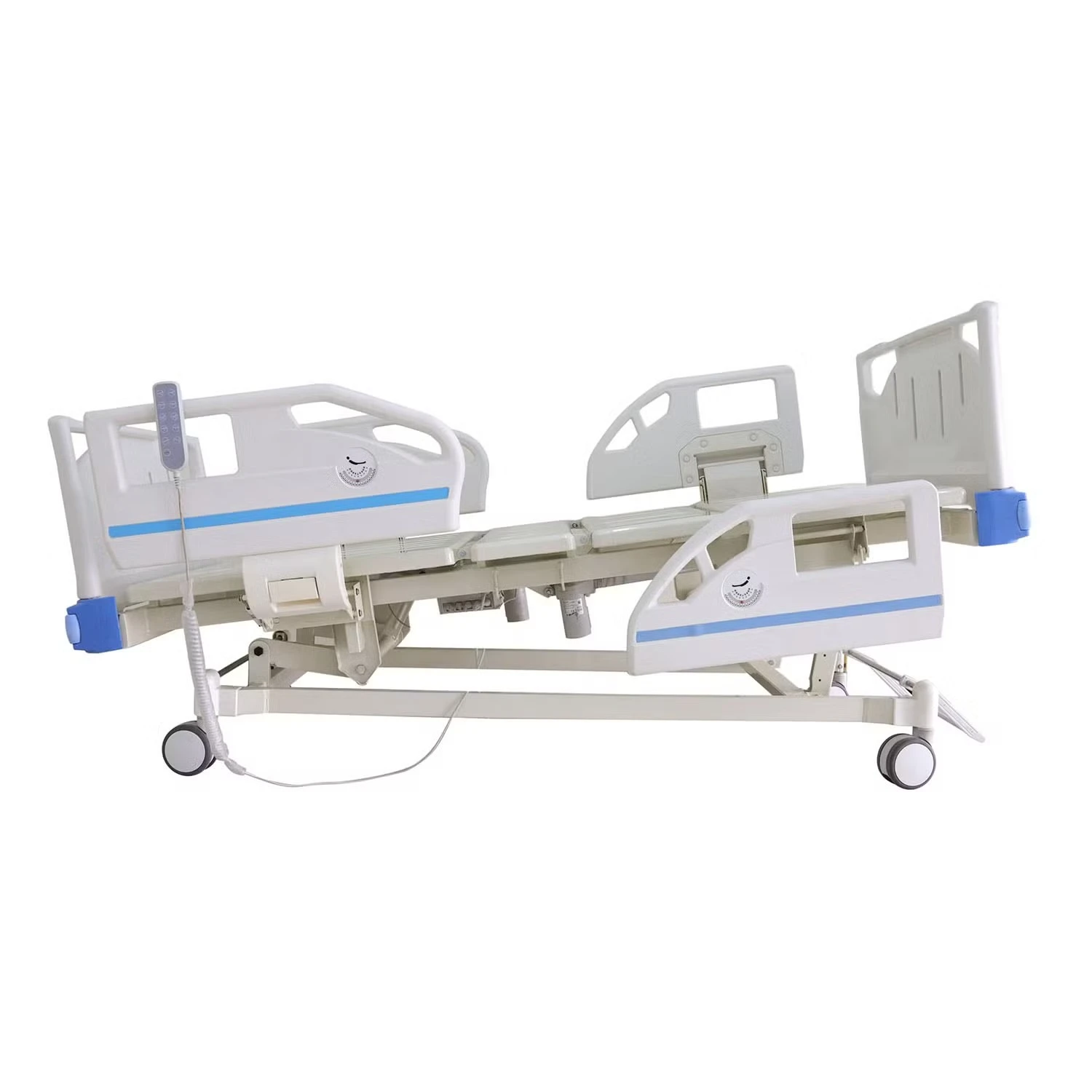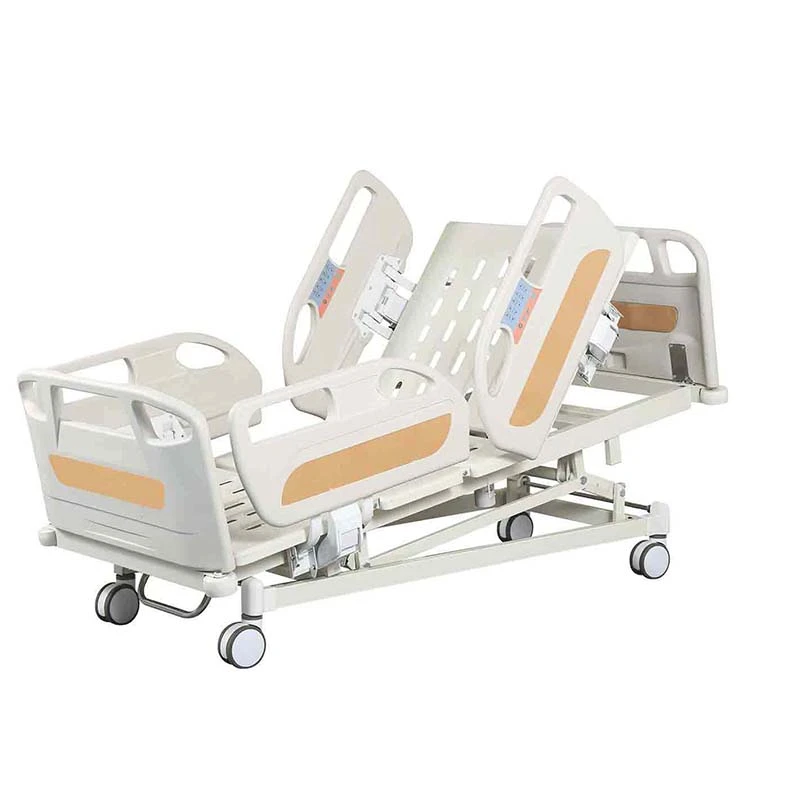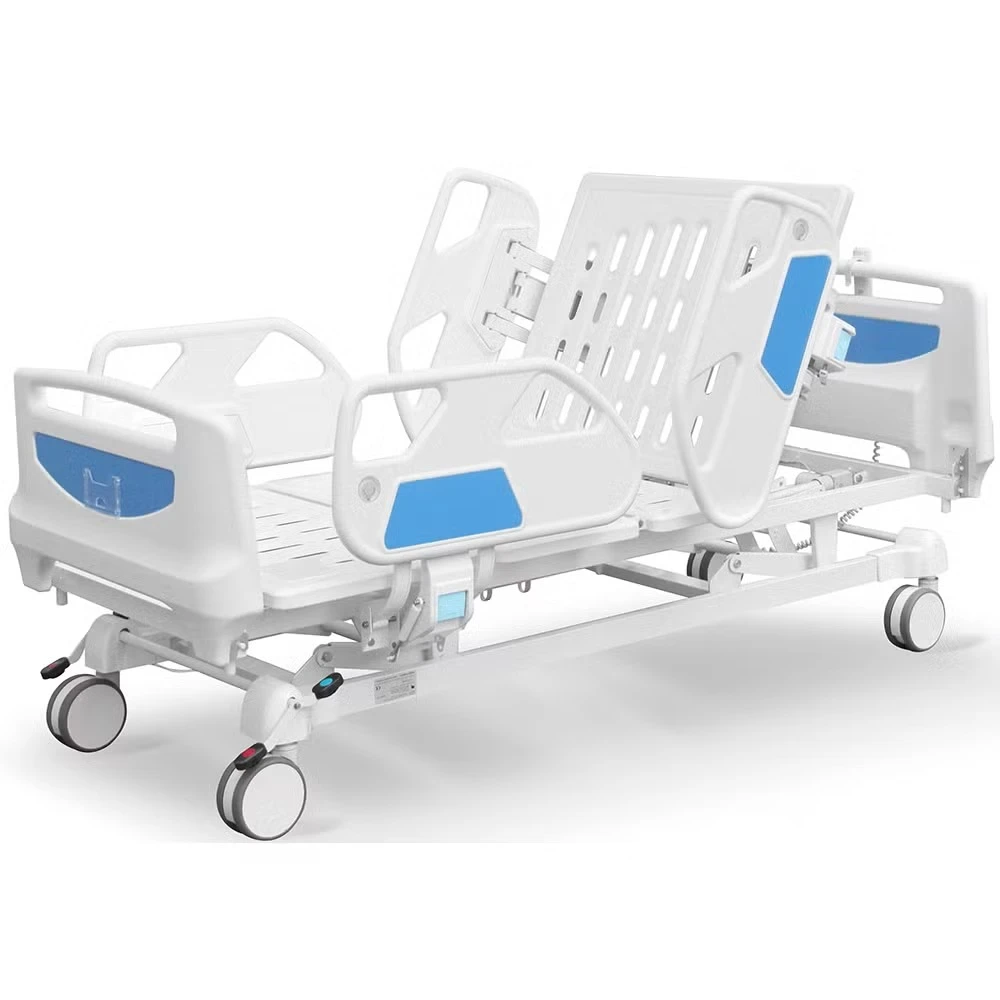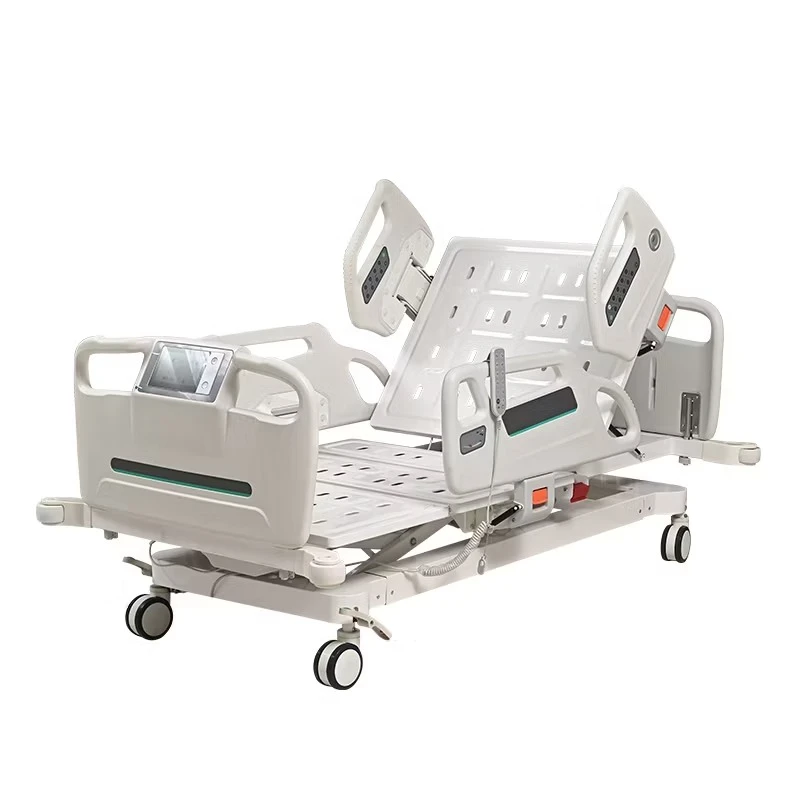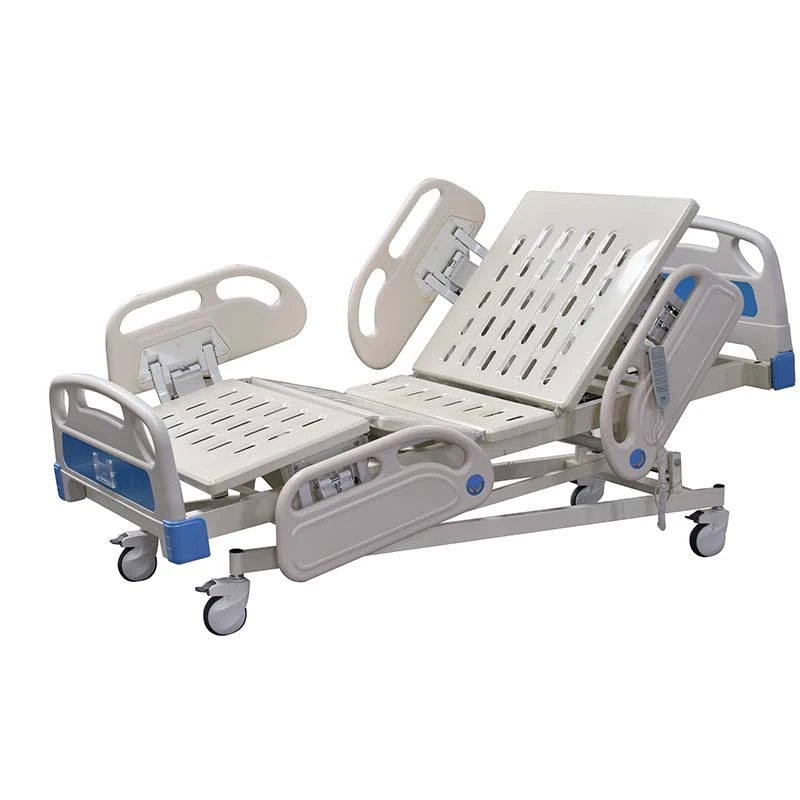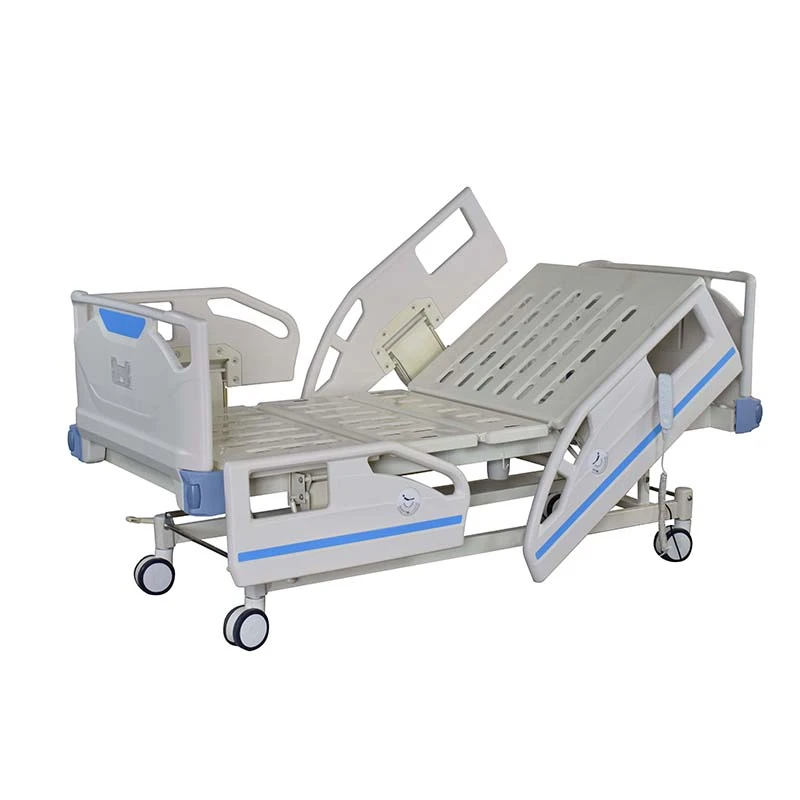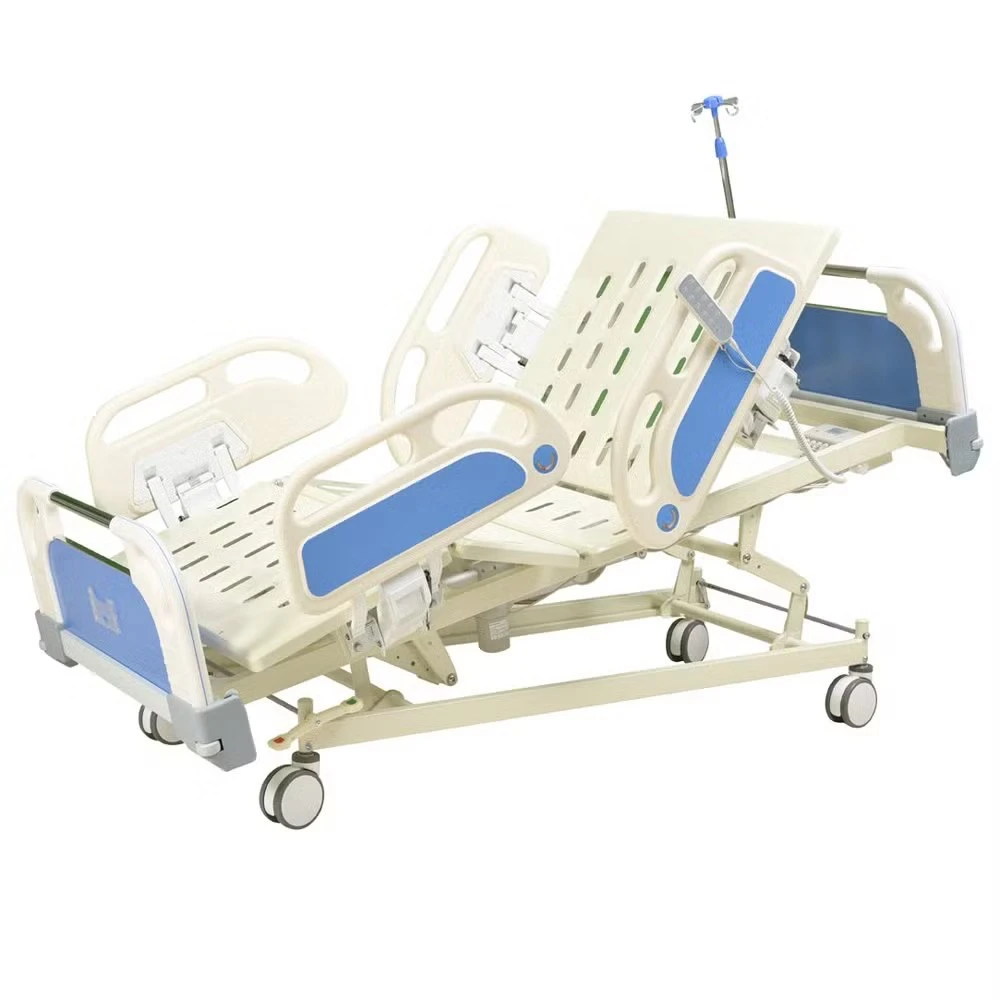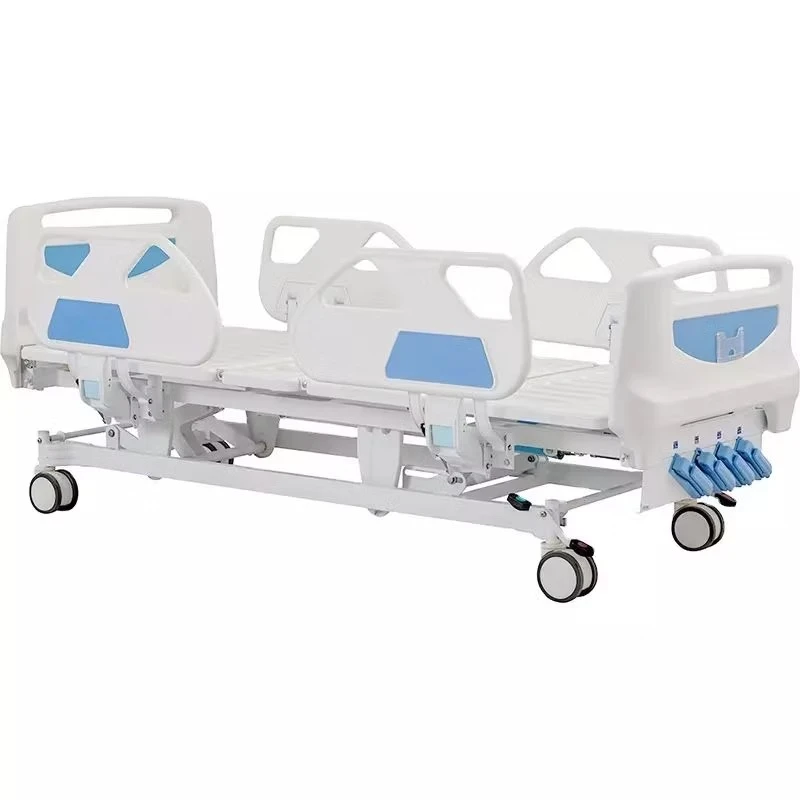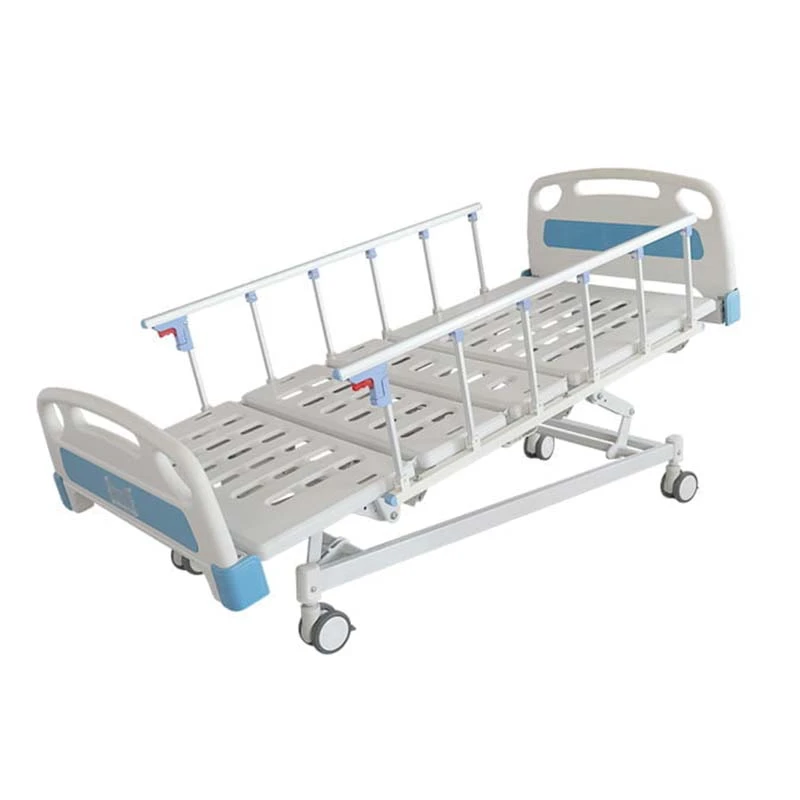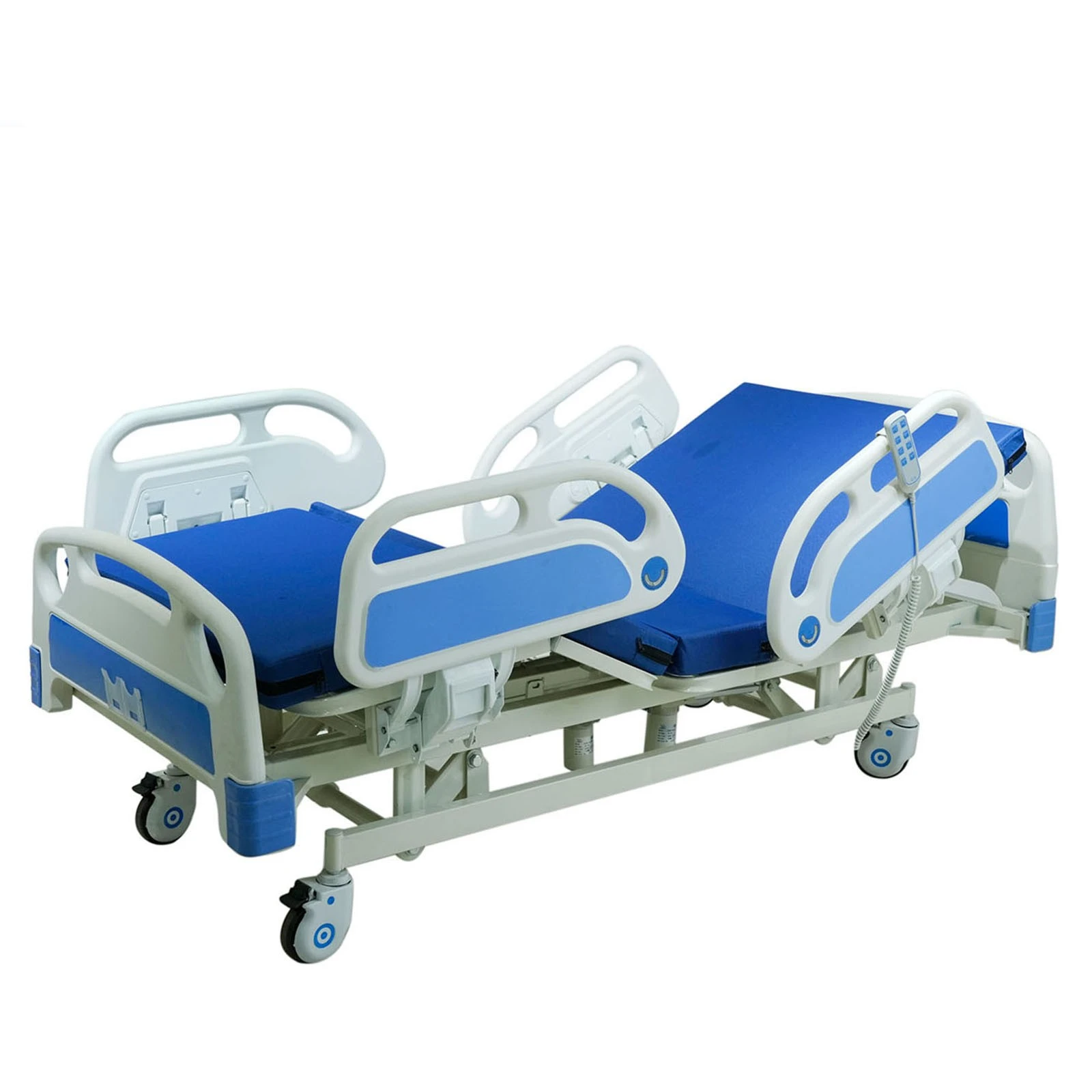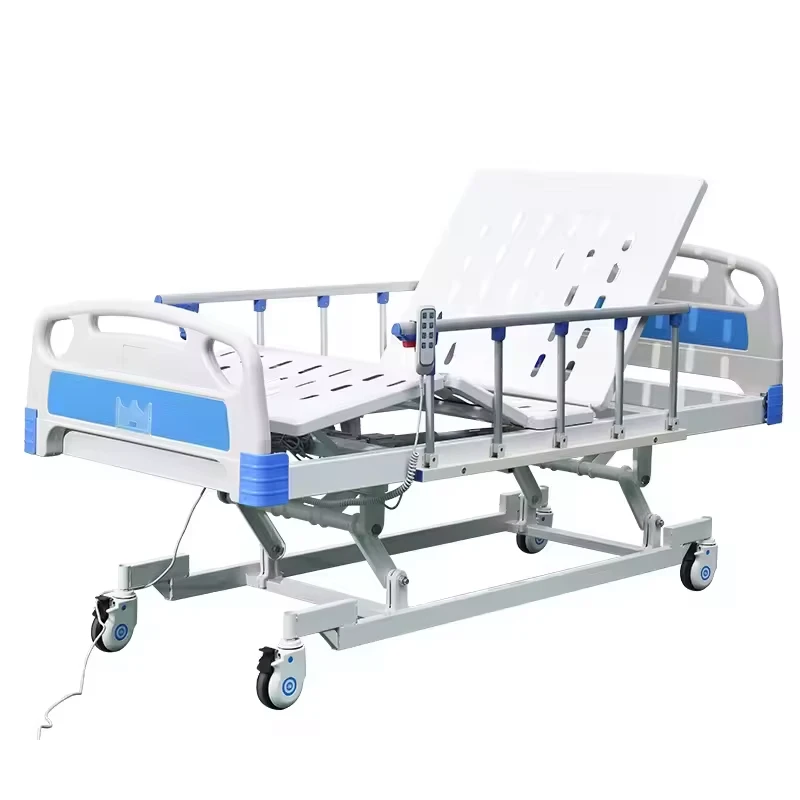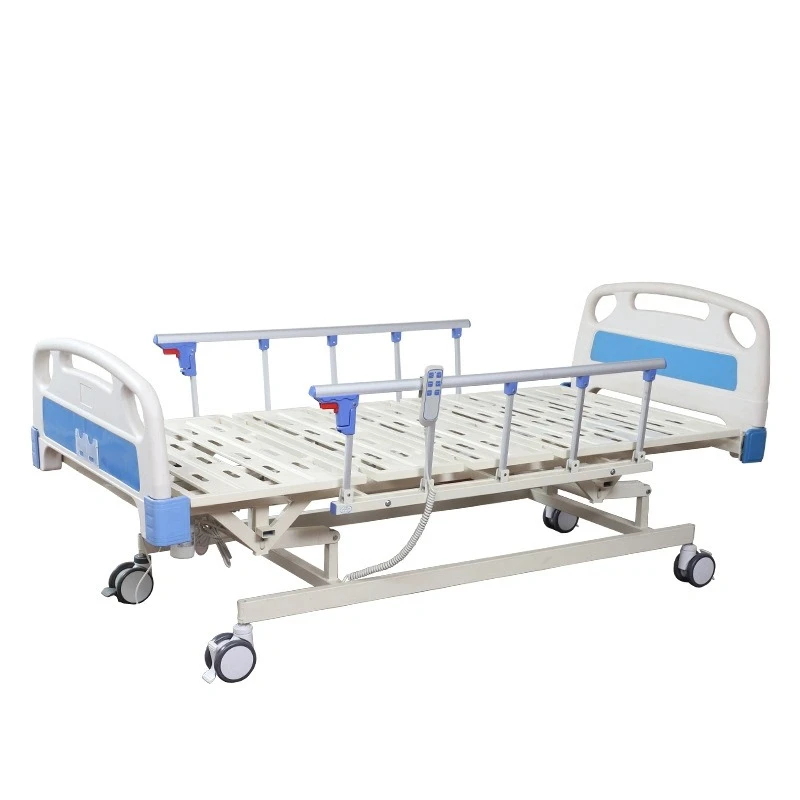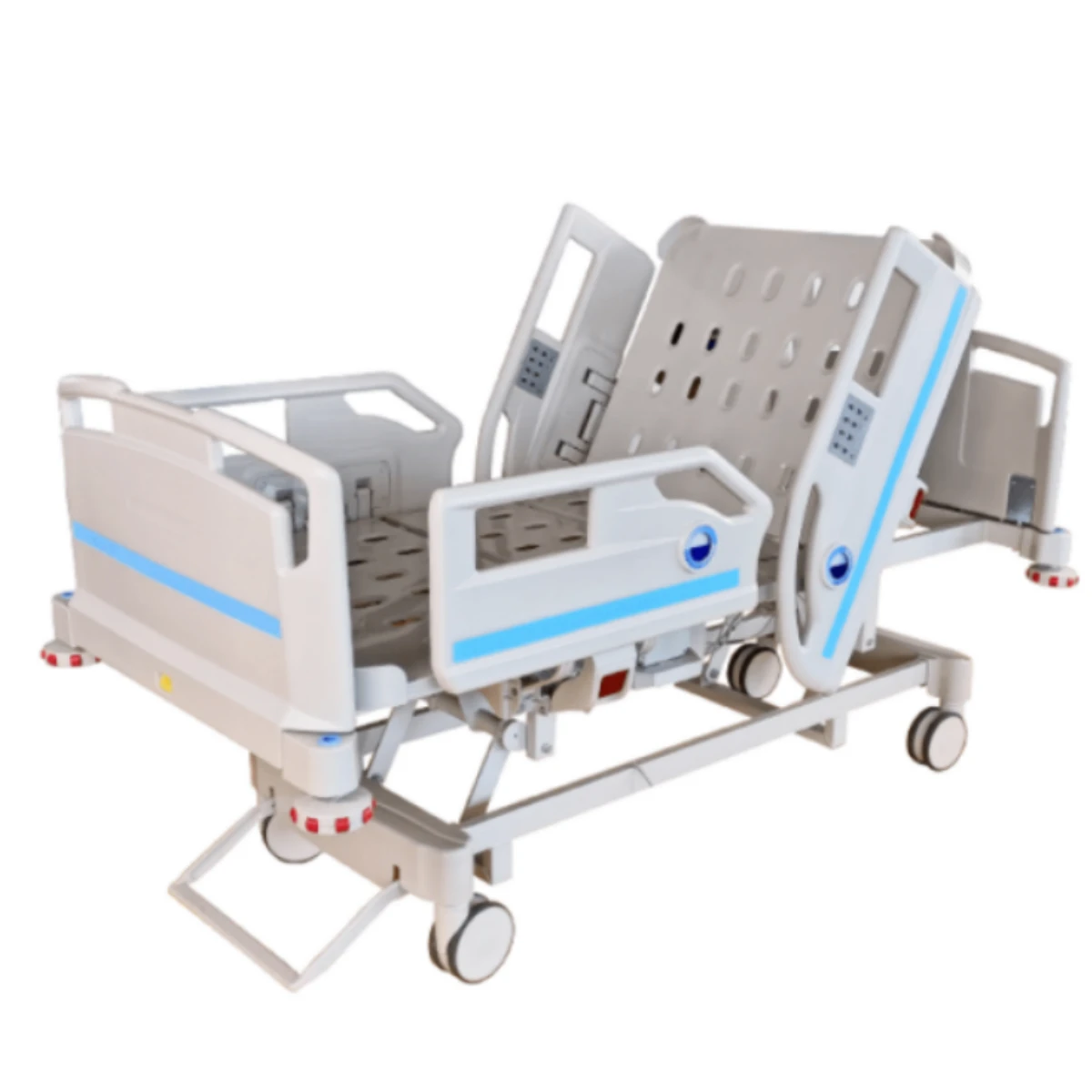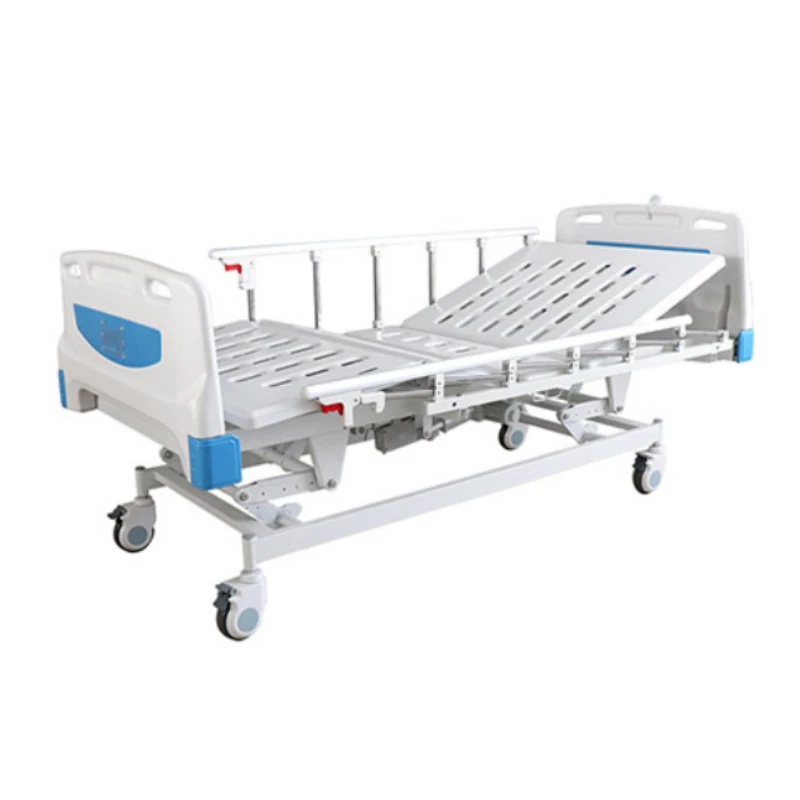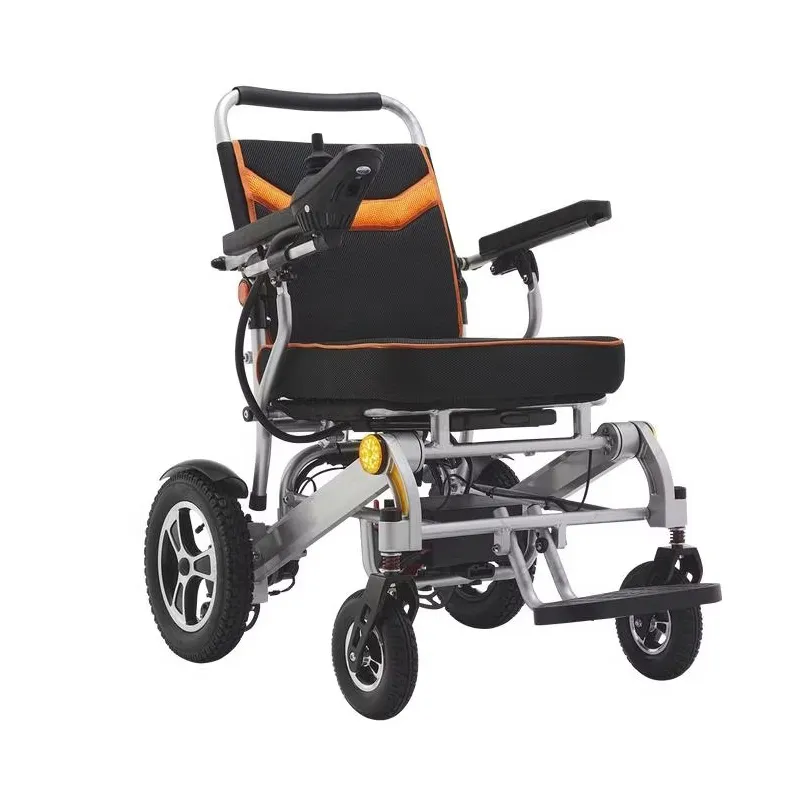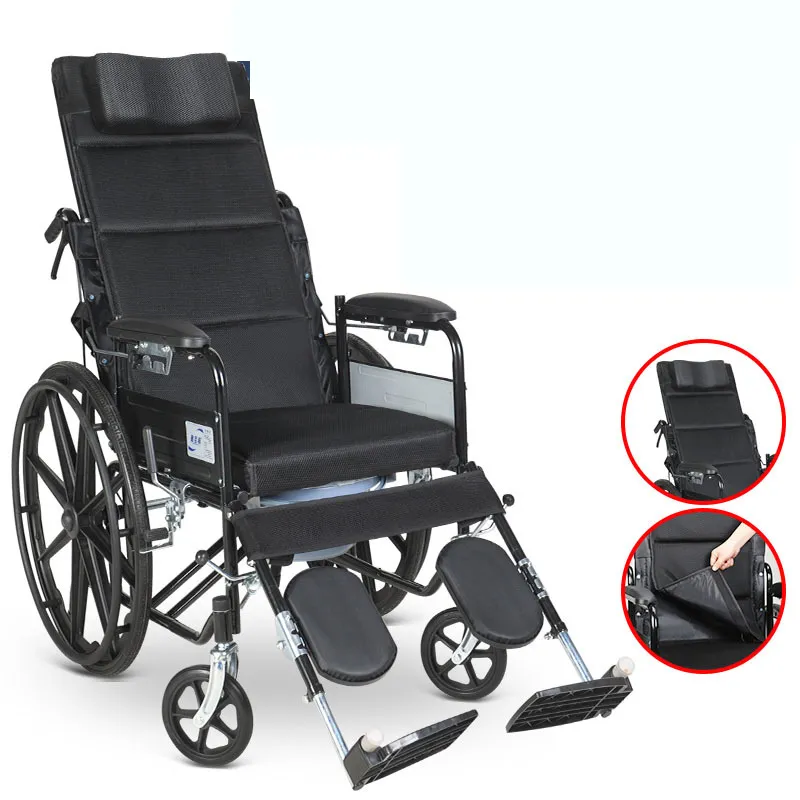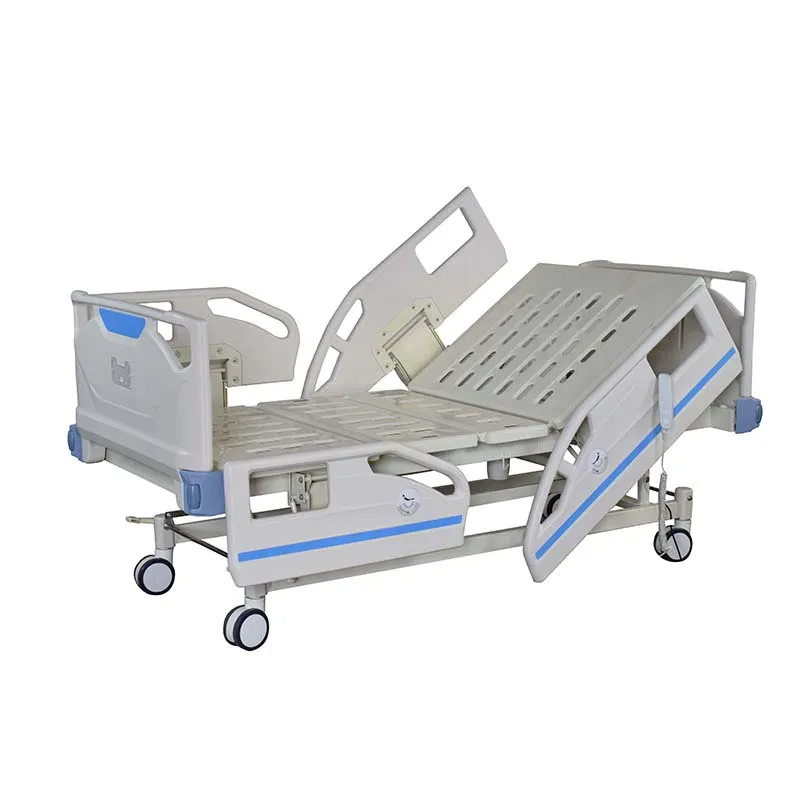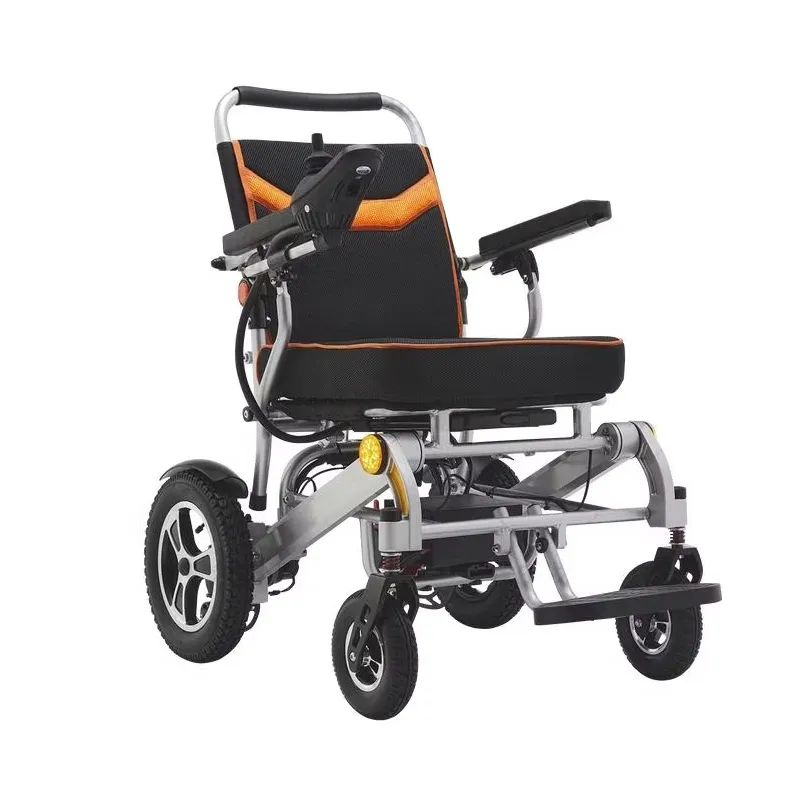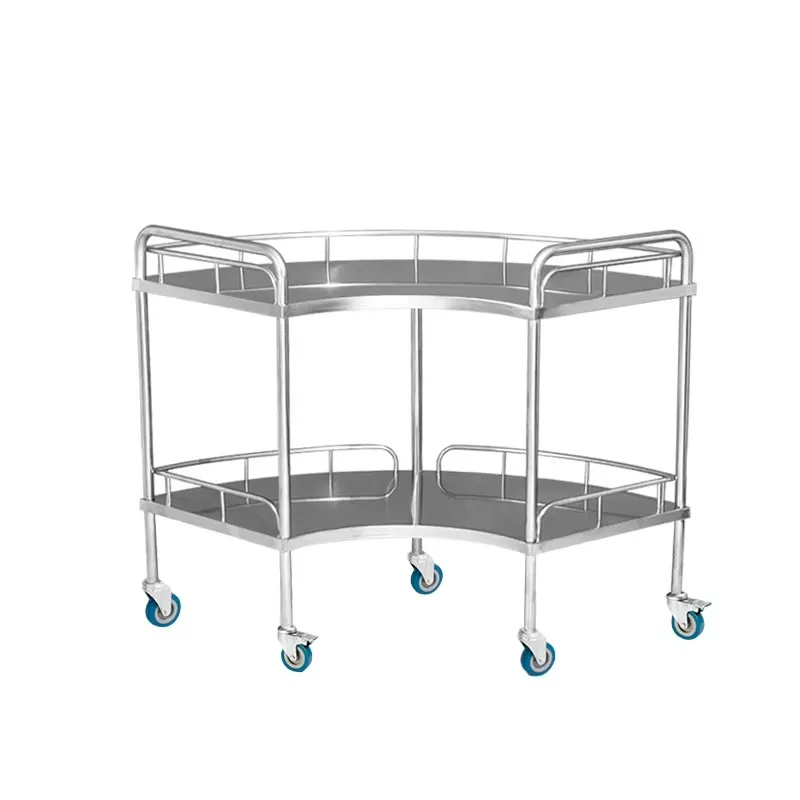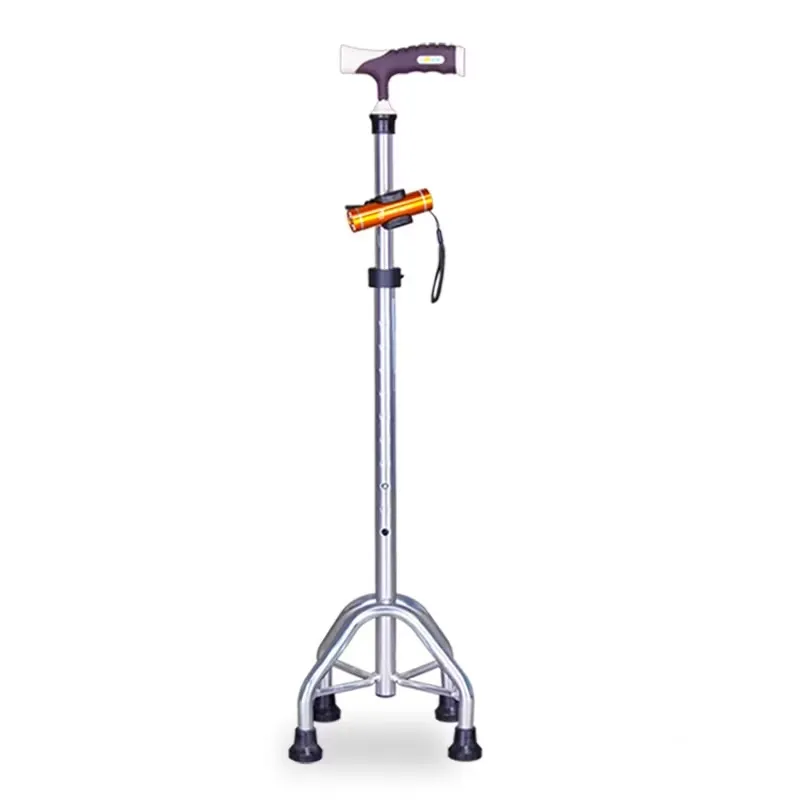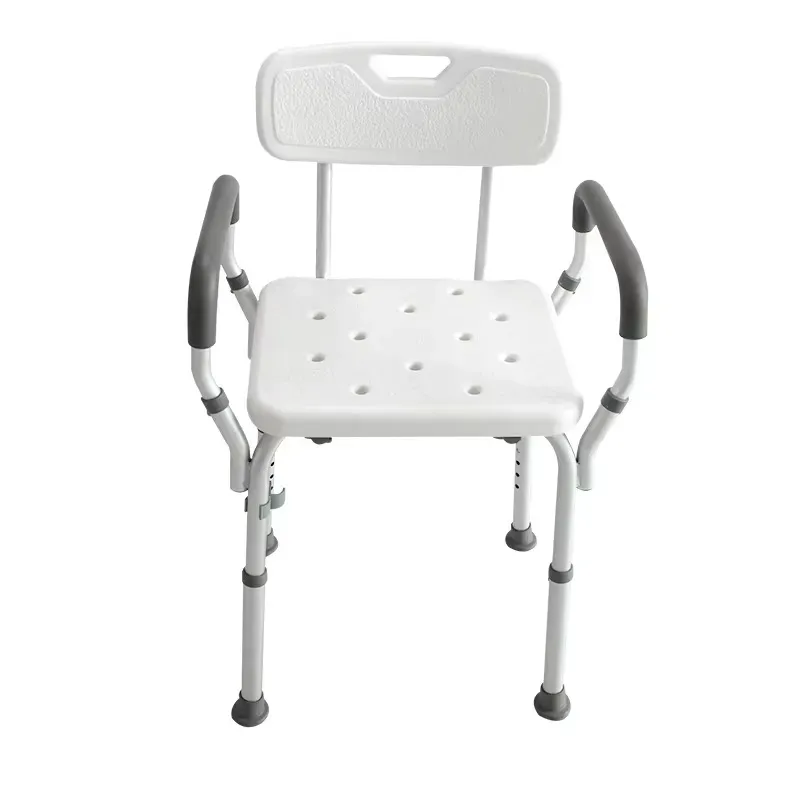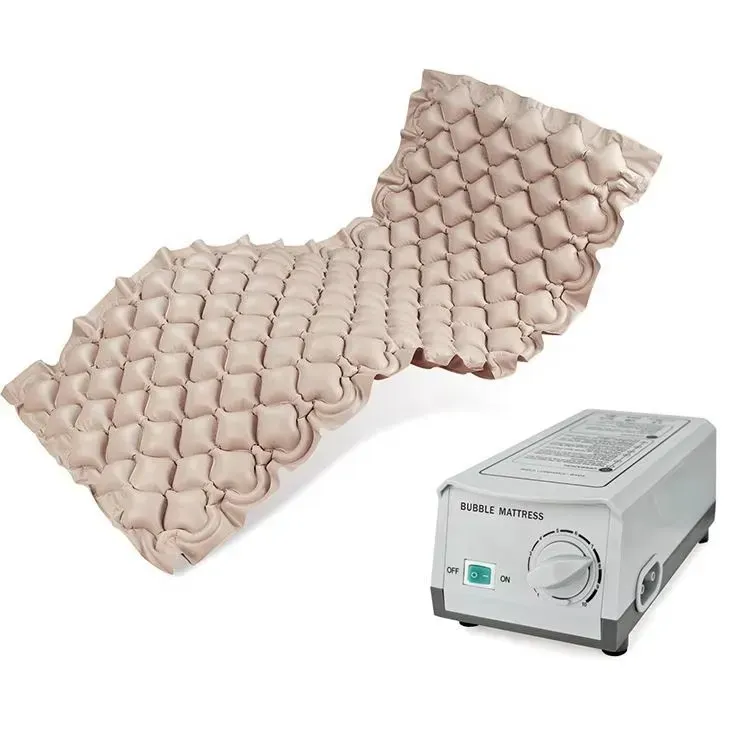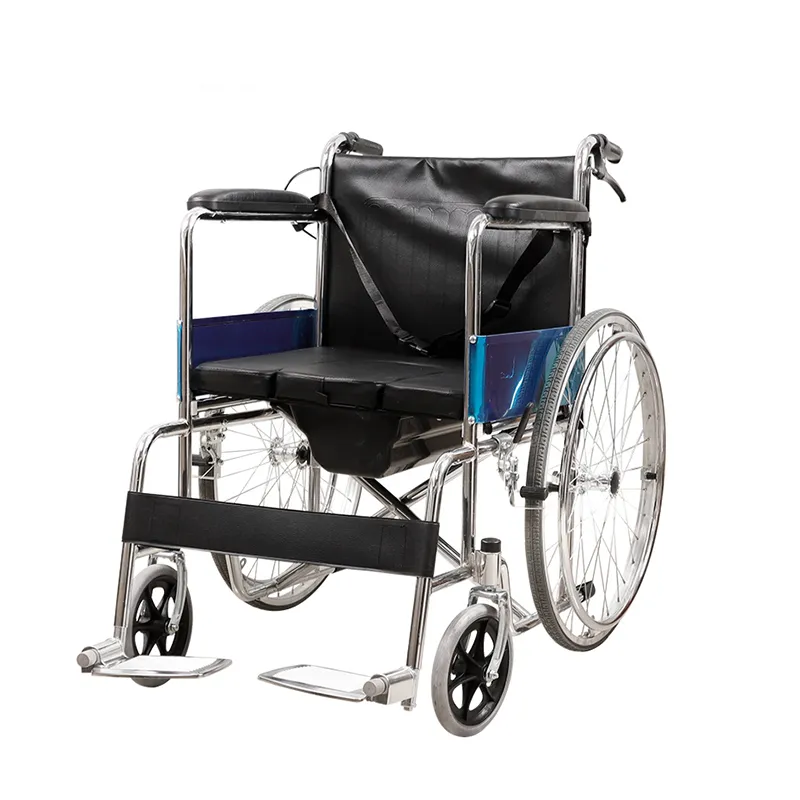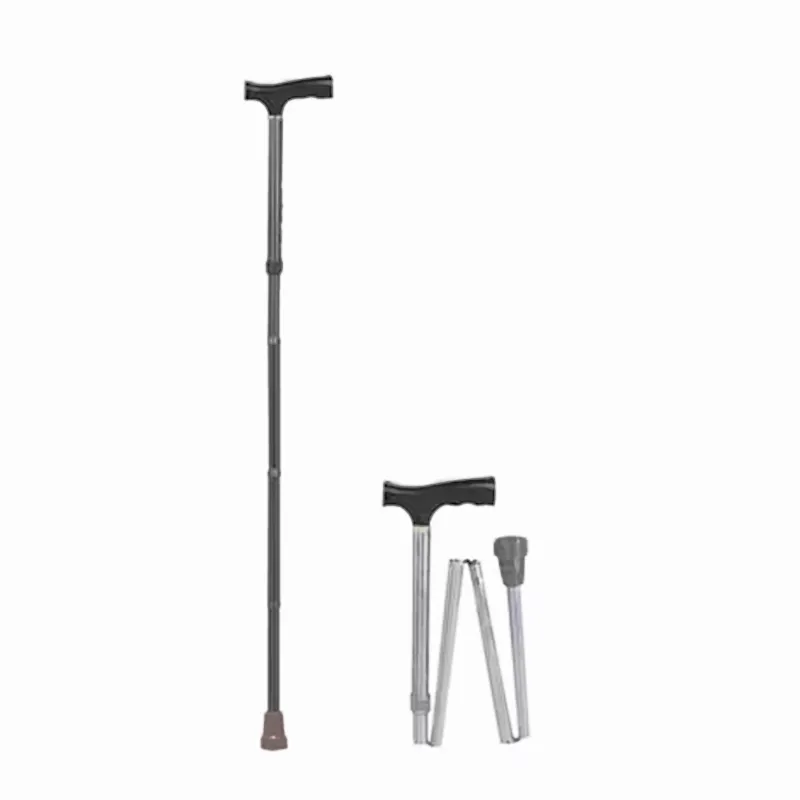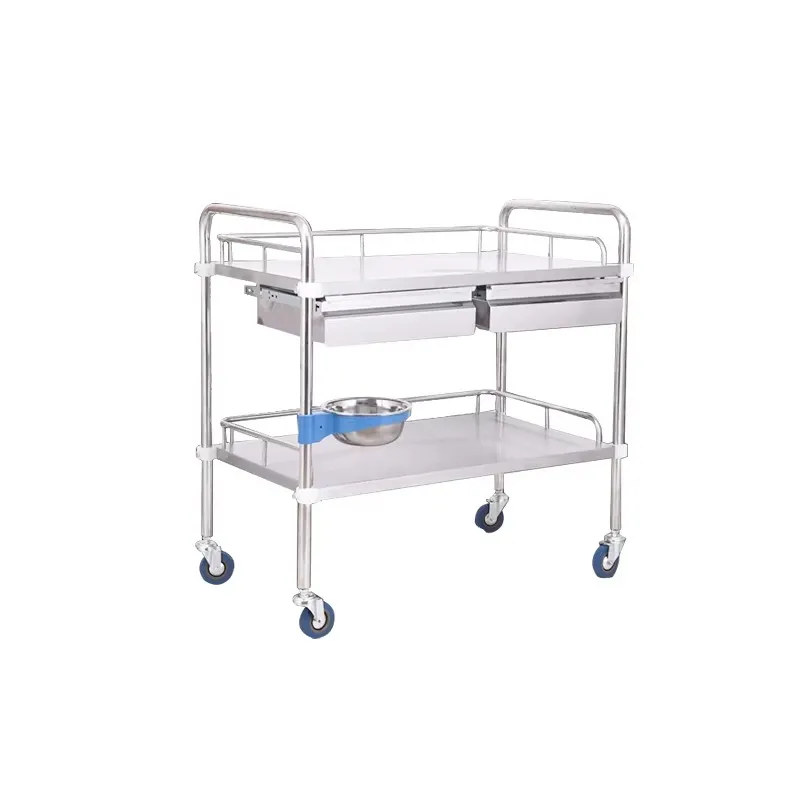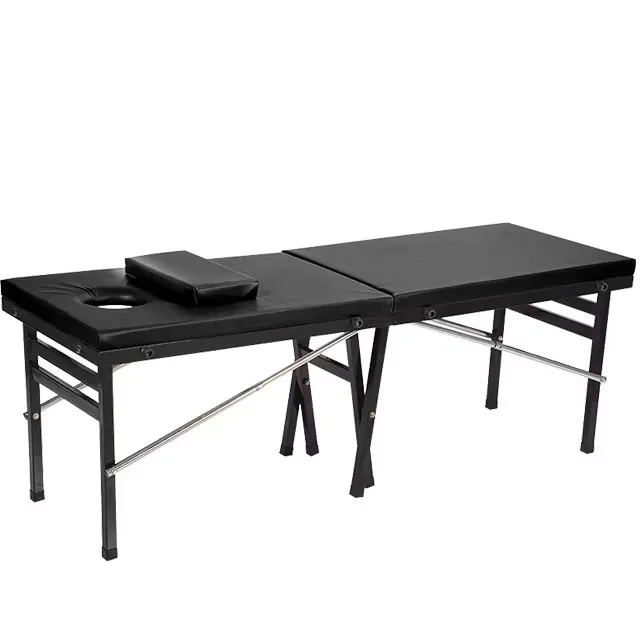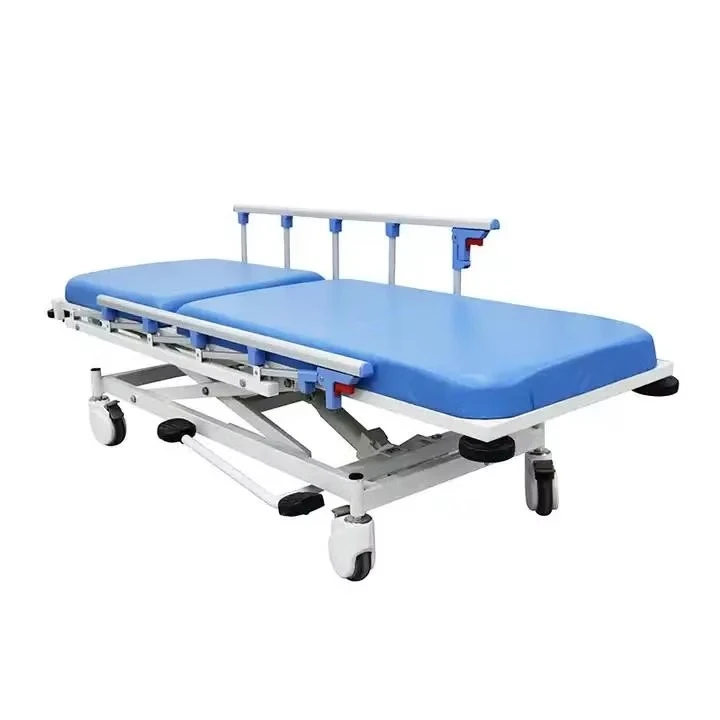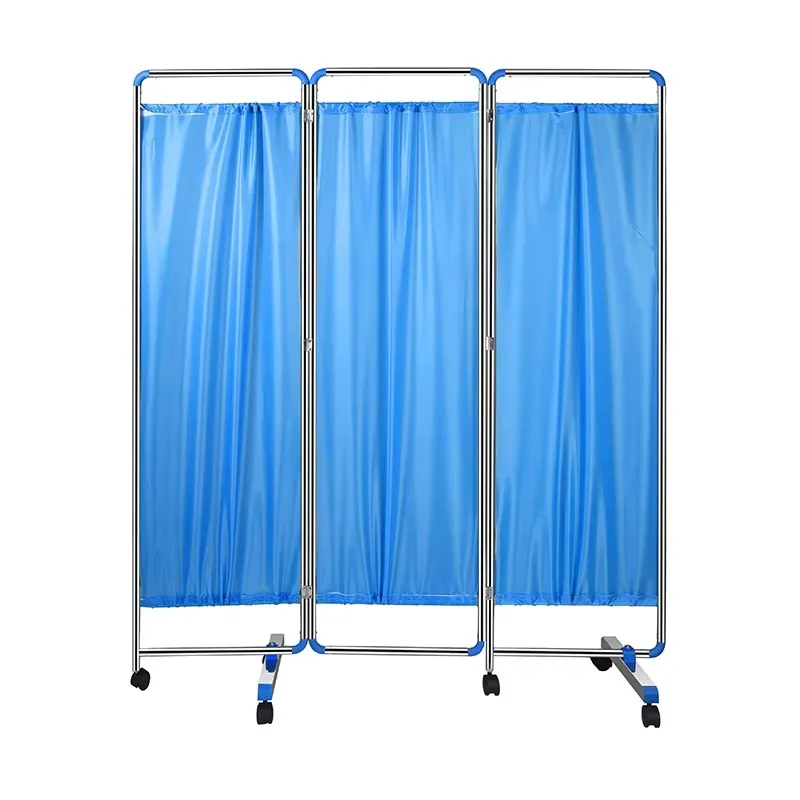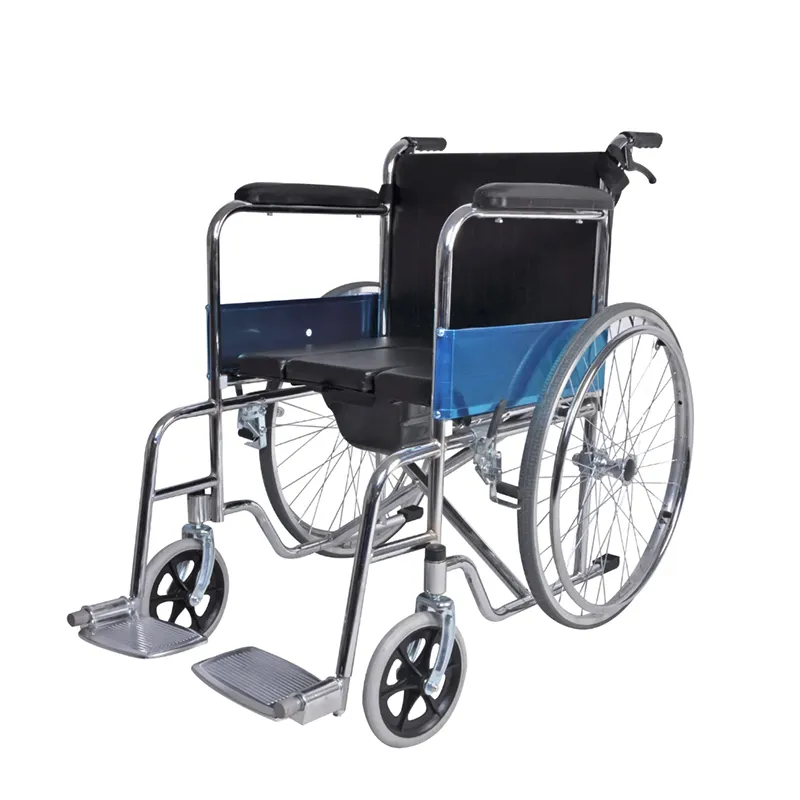Affordable and Durable: Your Guide to Cheap Hospital Beds for Sale
The Rising Need for Cheap Hospital Beds for Sale in a Changing World
Hospital beds might not be glamorous, but their importance in healthcare is enormous. Especially when cheap hospital beds for sale come into play, it’s a lifeline for stretched healthcare systems worldwide. Let’s be honest: in many developing countries, and even rural pockets of wealthier nations, affordable medical infrastructure is often the difference between life and death.
Globally, as populations age and the demand for adequate medical care spikes, hospitals and care providers scramble to accommodate patients safely and comfortably — without breaking budgets. According to WHO data, there’s an estimated shortfall in medical equipment across lower-income countries by 40-60%, and hospital beds form a huge part of that gap. Simply put, cheaper but reliable beds aren't just luxury items; they're an essential commodity.
So if you’re someone shopping around or supplying to hospitals, mission-driven NGOs, or disaster relief agencies, understanding what makes cheap hospital beds for sale worth investing in can really change the game.
Why the Price Tag Doesn’t Tell the Full Story
In a perfect world, cheap wouldn’t mean compromise. But that’s not always the case. A successful hospital bed purchase balances cost with utility, comfort, and durability — more on that shortly.
What Exactly Are Cheap Hospital Beds — And Why Do They Matter Today?
When we talk about cheap hospital beds for sale, we’re referring to beds designed primarily for medical use — with features that assist patients’ care — but offered at a more affordable price point. These beds typically have adjustable height, side rails, and head or foot position controls to suit both patient comfort and clinical requirements.
This affordability is key for:
- Hospitals in resource-limited areas.
- Humanitarian missions needing to set up field clinics quickly.
- Long-term care facilities that house many residents simultaneously.
Interestingly, many manufacturers now integrate simpler mechanical or modular designs to keep costs down without sacrificing essential safety standards. This approach means more patients can benefit from functional beds without delaying care.
Mini Takeaway:
Cheap hospital beds combine cost-efficiency with vital clinical functionality. Their global importance extends well beyond the price tag into the realm of accessibility and human dignity.
Key Features: What Makes a Good Cheap Hospital Bed Tick?
1. Durability: Built to Last, Even on a Tight Budget
Cheap doesn’t mean flimsy. Many beds use steel frames with powder coatings to resist rust and wear — crucial in humid or austere environments. After all, you don’t want to replace your bed every year because it’s falling apart.
2. Adjustability: More Than Just Comfort
From the caregiver’s perspective, being able to raise a patient’s head or feet easily can improve treatment outcomes and reduce the risk of bedsores. Manual crank systems are common in lower-cost models, but some come with electric motors. The inclusion depends on budget and use-case.
3. Safety Features: Guarding Patients Every Step
Side rails, brake-lock wheels, and secure mattress platforms are non-negotiable components. Even budget models need to meet ISO or regional medical standards for safety — it’s the baseline.
4. Mobility & Scalability
Weight and portability count, especially in emergency or field hospital settings. Compact beds that can fold or disassemble for transport are trending in aid organizations.
5. Cost Efficiency: Balancing Price and Performance
This is the big challenge. A bed too cheap risks rapid failure, while one too costly might be unaffordable for mass purchases. Manufacturers now often provide modular parts or warranty packages to sweeten long-term value.
| Specification | Budget Model A | Standard Model B | Premium Model C |
|---|---|---|---|
| Frame Material | Powder-coated steel | Stainless Steel | Reinforced Alloy |
| Adjustability | Manual cranks for head and foot | Electric motors for head/foot | Electric + Trendelenburg functions |
| Safety Rails | Foldable side rails | Fixed side rails with padding | Height adjustable rails with sensors |
| Weight Capacity | 150 kg | 180 kg | 220 kg |
| Wheels & Brakes | Caster wheels w/ brakes | Locking swivel wheels | Hospital-grade anti-microbial wheels |
| Price Approx. | $200 - $350 | $600 - $900 | $1,200+ |
Mini Takeaway:
Core components like adjustability and safety define a hospital bed’s real worth. For low-budget buyers, knowing where to compromise — and where to hold firm — is crucial for lasting satisfaction.
Everyday Use Cases: When and Where Cheap Hospital Beds for Sale Make the Difference
From rural clinics in Sub-Saharan Africa to emergency tents in disaster zones, cheap hospital beds serve a variety of practical needs:
- Disaster Relief: After earthquakes or floods, rapid setup of field hospitals demands beds that are lightweight but sturdy, like those modular manual crank models healthcare NGOs prefer.
- Long-Term Care Facilities: Aging populations in countries like Japan or Italy require lots of beds that balance comfort with economy.
- Remote Mining or Industrial Zones: Temporary medical units here can’t afford luxury but do need functional equipment to handle accidents safely.
- Public Hospitals in Developing Nations: They face constant budget pressure but seeing a patient on a proper bed impacts recovery and morale.
An interesting note: even in high-income countries, there's a push for cost-effective beds in understaffed or overwhelmed hospitals, especially during pandemics.
Mini Takeaway:
Use cases for cheap hospital beds stretch from remote disaster zones to metropolitan hospitals—proof that affordability doesn’t limit scope but broadens it.
Cost, Comfort, and Care: The Advantages of Choosing Budget-Friendly Hospital Beds
It’s tempting to think low-cost means low benefit. But truthfully, many of these beds bring surprising value:
- Cost Savings: Hospitals can equip more rooms or wards for the same budget.
- Accessibility: NGOs and charities gain easier procurement, speeding aid delivery.
- Sustainability: Modern cheap beds often use recycled materials and optimized manufacturing processes.
- Patient Dignity: Patients feel better treated in beds designed for comfort versus makeshift alternatives.
- Reliability: Even simple crank models have fewer points of failure, reducing maintenance costs.
- Scalability: Facilities can expand quickly when solutions are affordable and modular.
One pediatric hospital I heard about in Southeast Asia saved thousands last year, reinvesting those savings into staffing and medicine — the ripple effect of sensible bed choices is real.
Mini Takeaway:
Cheap hospital beds don’t just save money—they improve lives directly and indirectly, making them an investment, not just an expense.
Looking Forward: Trends and Innovations Shaping Hospital Beds in the Near Future
Though low-cost, cheap hospital beds are evolving fast. Here are some things to watch:
- Eco-friendly Materials: Biodegradable composites and recycled metals are entering manufacturing.
- Smart Features: Even budget models are incorporating Bluetooth-enabled monitoring to track patient vitals digitally.
- Simplified Automation: Low-cost electric options with rechargeable batteries make adjustability more accessible.
- Modular Design: Beds built with interchangeable parts to extend life and reduce waste.
- Global Standards: ISO and regional bodies pushing clearer certifications for safety and sustainability.
At the same time, manufacturers face pressure to lower prices further while meeting rising demand — a real challenge, but one that’s sparking creative engineering plenty.
Mini Takeaway:
Innovation is finding its way even into the “cheap” category—technology and sustainability will shape tomorrow’s market.
Challenges in Sourcing & Using Cheap Hospital Beds + How to Overcome Them
Buying cheap hospital beds isn’t always smooth sailing. Here are common issues and quick fixes:
- Quality Variance: Watch out for suppliers cutting corners. Solution: always check certifications and user reviews.
- Shipping & Logistics: Bulk shipments can be hampered by customs or delays. Partnering with experienced international vendors helps.
- Maintenance Support: Some low-cost units lack spare parts. Look for brands offering modular components and guaranteed warranties.
- Training Users: Even simple beds require caregiver familiarity to use properly. Invest in quick training modules or manuals.
Mini Takeaway:
With some due diligence and smart vendor choices, obstacles around cheap hospital beds can be minimized effectively.
| Vendor | Price Range | Warranty | Customer Support | Global Shipping |
|---|---|---|---|---|
| Zhao Famed Medical | $220 - $400 | 2 years | 24/7 Live Chat + Phone | Yes (150+ countries) |
| MedEquip Solutions | $250 - $450 | 1.5 years | Email & Tickets | Limited |
| Global Health Furnishings | $280 - $500 | 3 years | Phone + On-site Support | Yes (select countries) |
FAQ: Answers to Your Top Questions About Cheap Hospital Beds for Sale
Q1: How reliable are cheap hospital beds compared to expensive models?
Cheap hospital beds can be quite reliable if sourced from reputable manufacturers who comply with medical safety standards (like ISO 13485). While they may lack some advanced features, many budget beds focus on sturdy construction and essential functions, making them suitable for everyday clinical use. Always verify warranty terms and user reviews.
Q2: Can cheap hospital beds be used for critical care units?
Generally, cheap hospital beds are designed for general wards, recovery rooms, or long-term care. Critical care units often require beds with sophisticated motorization, remote controls, and monitoring systems, which may not be standard in budget options. That said, some mid-range beds balance cost and functionality adequately for semi-critical areas.
Q3: What certifications should I look for when buying cheap hospital beds?
Look for ISO 13485 (medical devices quality management), CE marking (if in Europe), or FDA clearance (US market). These certifications show compliance with safety and health regulations. Additionally, regional standards, depending on your country, may apply.
Q4: Are cheap hospital beds easy to maintain?
Most budget models use mechanical systems with fewer electronic parts, making them easier to maintain. Simple designs usually mean fewer breakdowns. Still, confirm that the vendor offers spare parts and user manuals, and plan some basic staff training.
Q5: How do I purchase cheap hospital beds for a large-scale project?
Bulk buying usually requires discussions with vendors about discounts, shipping logistics, and warranty extensions. Look for suppliers like cheap hospital beds for sale offerings that cater to institutional buyers and provide flexible purchasing options.
Wrapping Up: Why Smart Buyers Seek Quality in Cheap Hospital Beds for Sale
To circle back, the search for cheap hospital beds for sale isn’t about cutting corners — it’s about smart allocation of limited resources for maximal patient care impact. Across continents, conditions vary, but the fundamental need to keep patients safe, comfortable, and cared for is universal.
If you are a healthcare provider, NGO, or procurement officer, the key is knowing where to find affordable solutions that don’t sacrifice safety. I’d recommend starting your search at trusted vendors, including industry specialists like cheap hospital beds for sale suppliers, who blend quality with budget-consciousness.
With the right products and partnerships, affordable hospital beds become far more than just furniture — they’re foundations for better health outcomes.
Happy hunting — and here’s to healthier communities, one bed at a time.



